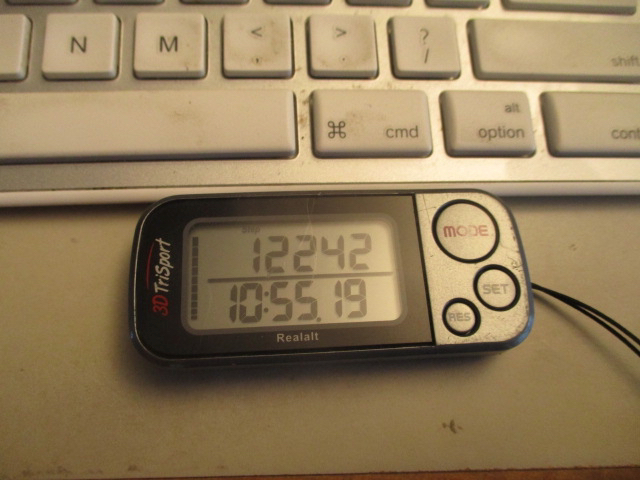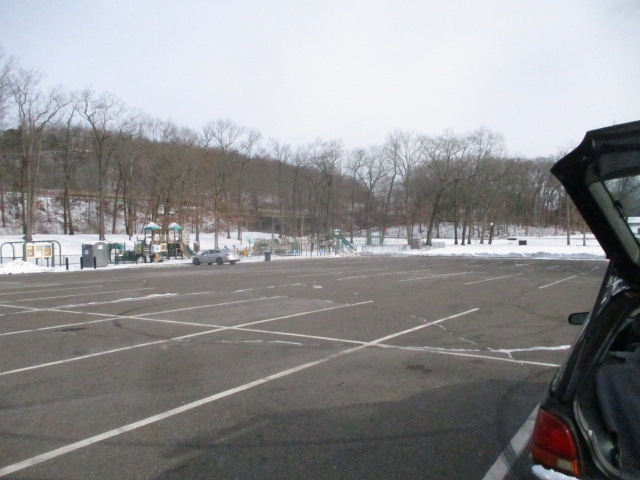I got my ten thousand steps in. Can I put my feet up for the rest of the day?
Visit #1463, Sunday 28 January 24, 7:45-9:50AM, 5.2 miles, 2.0 lbs. of litter.
Temps in the high 30s, rain or wet snow with no accumulation.
Where did the 10,000 Step Program originate? I'm currently reading Beyond Measure- the Hidden History of Measurement, from Cubits to Quantum Constants, by James Vincent.
From the book, here's the answer.
"When I think about what measurement means in today's society, how it's used and misused and how we internalize its logic, I often end up thinking about a single figure: 10,000 steps. It's a metric you've probably seen before, which is often cited as an ideal daily target for activity and built into countless tracking apps, gadgets, and fitness programs. Walk 10,000 steps a day, we're told, and health and happiness will be your reward. It's presented with such authority and ubiquity that you'd be forgiven for thinking it was the result of scientific inquiry, the distilled wisdom of numerous tests and trials. But no. Its origins are instead to be found in a marketing campaign by a Japanese company called Yamasa Clock, In 1965, the company was promoting a then novel, gadget, a digital pedometer, and needed a snappy name for their new product. They settled on manpo-kei or '10,000 steps meter', the first instance of this metric being used to promote health. But why was this number chosen? Because the kanji for 10,000 and hence the first character in the product's Japanese name, 万歩計, looks like a figure striding forward with confidence.
If the 10,000 steps are an illusion, though, they are a useful one. Research into how many steps a day we should pursue offers more finely graded targets, yes. They say 10,000 steps is too low for children but daunting for older adults, and sometimes puts them off exercise altogether. Studies show that for older women, hitting as few as 4,400 steps a day significantly lowers mortality rates, but that no additional benefits accrue after 7,500 daily steps. Despite this, it's abundantly clear that any increased activity is good for us, and that people who do pursue a daily target of 10,000 steps have fewer signs of depression, stress, and anxiety, regardless of whether or not they actually hit this goal."
On Sunday those 10,000 steps would get me cold and wet.
I arrived at Hubbard Park to an empty parking lot.








































